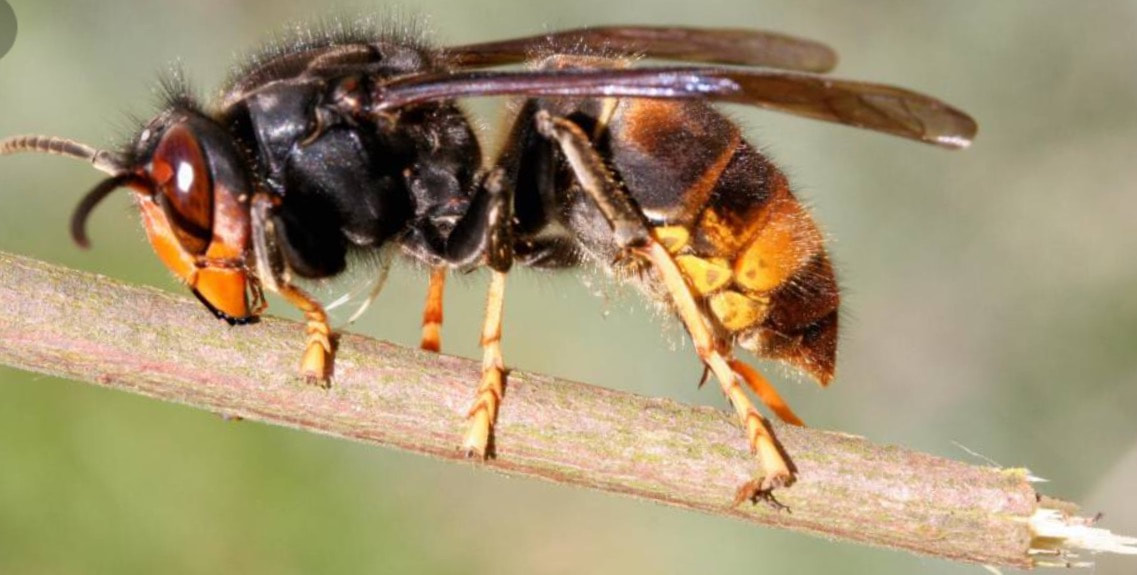Join our mailing list to receive the latest news and research...
Linking and Sharing If you want to Republish any information on this site please SEE RULES HOW. It's Free.
The meeting celebrated in San Sadurdiño, was a success and the overall spirit was that of a joint projection to unite in the fight against Vespa velutina giving open and honest discussions of the current situation.
San Sadurdiño, 29th July... At the same time, beekeepers were informed about the research program funded by Diputación de A Coruña and carried out at the University of Santiago de Compostela to investigate new methods of eradication of the Vespa velutina. A call was done for collaboration in Vespa velutina participatory action research (Ves_Par). As Xesús Feás explained: “A project in which beekeepers partner with scientists to answer real-world questions”. Course program developed: • Biology and cycle of Vespa velutina. • Preventive control systems. • Methods of eliminating Vespa velutina nests depending on the location. • Care, preventive measures and first aid. • Field practices. We will set an afternoon / evening to eliminate nests at different locations (aerial and terrestrial). • Research program funded by Diputación de A Coruña and carried out at the University of Santiago de Compostela to investigate new methods of eradication of the Vespa velutina. • A call for beekeepers participation: “Implementation of a new method for deactivation of nests: development, procurement and testing of a specific biocide to combat the invasive Asian wasp Vespa velutina (VV)”. The EU has called for extensive research and dissemination of scientific knowledge on everything related to beekeeping to generate a general consensus and share appropriate knowledge. Xesús believes this strategy is important going forward allowing adequate dissemination and socialization of scientific results and fostering relationships between scientists and beekeepers alike. Special thanks are giving to Rafael Díaz (Secretary of Galicia Beekeepers Association in Ferrolterra area) and to San Sadurdiño district. The IX edition of the Apiculture Fair of Cantabria, due to take place on 21 and 22 October 2017 in the National Gando Market of Torrelavega.
http://www.apiculturagalega.es/
1 Comment
 Asian hornet (Vespa velutina): a devourer not only of bees. Invasive alien species are the second leading cause of the loss of biodiversity in the world after the destruction of habitats. The Asian hornet (Vespa velutina nigrithorax) was accidentally arrived in south west France in 2004 expanding across French territory, but also in Spain, Portugal and Italy. The velutina is a predator of bees, but unlike the Asian honeybee (Apis cerana) the European bee (Apis mellifera) does not exhibit effective defensive behaviour. The expansion of the Asian hornet has been expeditious, arriving during the period of 2009-2010 to the Iberian Peninsula (Basque Country and Navarre). Later new foci of entry were observed both in the north of Spain and Portugal, colonizing in a few years almost all parts of the northwest peninsular. Much of the feeding of these hornet colonies is based on bees and other insects, and although the impact they may have on the wild insect population is unknown, it has become a major threat to beekeeping and biodiversity, as well as for other productive sectors (forestry and fruit growing). |
Vespa VelutinaNews articles Archives
July 2019
Categories
All
|